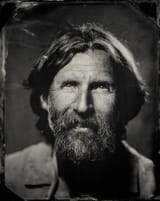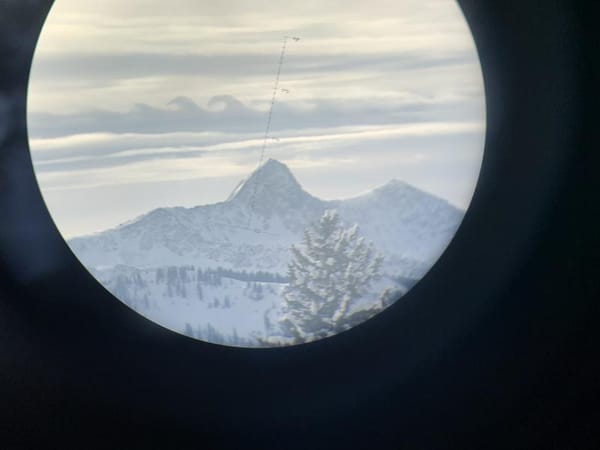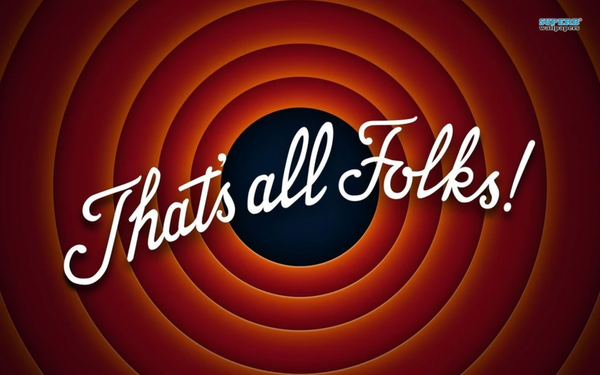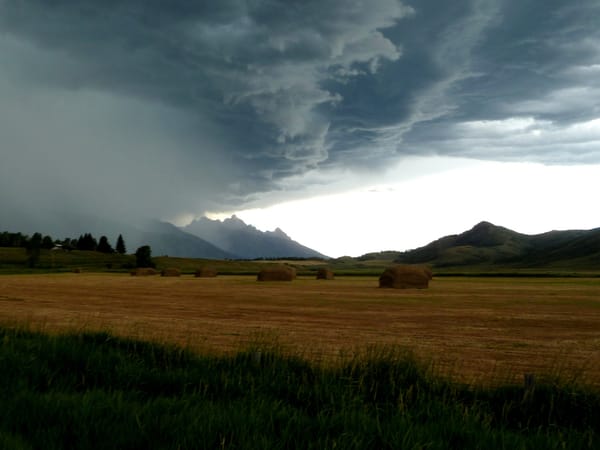Good Habits are Hard to Break

When I moved to Japan in the early 1990s, my ‘handler’ Stacy guided me around for much of the first month. He had me chauffeur him through town and country so I could get the lay of the land and learn to drive on the opposite side of the road. Stacy had this great sense of humor and would often give me a head-fake when walking back to his car in the parking lot. Invariably, I would default to “habit” and walk toward the (American) driver’s side of the car even though “intellectually”, I knew where the (Japanese) driver’s side was. I would soon be standing with the keys looking in at the passenger’s seat, Stacy grinning all the while. I suspect that he could ask me which side was which while giving me the head fake and I would still be staring in at the passenger door.
This winter, something interesting happened: Our habits did not serve us well.Six weeks of high pressure led to exceptionally weak snow to develop at the snow surface and that weak snow was most prominent and undisturbed in the mid and low elevations bands. So when it finally did snow and the avalanche danger ramped up, conditions were most hazardous in the protected terrain and yet people defaulted to their usual safe zones in the mid and low elevation bands. In little over a week, eight skiers were caught in avalanches that resulted in four partial burials and one full burial. (The fully buried individual was buried 6’ deep for 23 minutes and recovered alive.)
For most people, when the avalanche danger ramps up, their default habit is to avoid steep open bowls in the alpine. (The Room of Doom or Cardiac Bowl)…and to seek out the protected glades down low (Mat's Basin, Powder Park, or Lucky Days). The very names say it all.Intellectually, skiers knew the danger was different than usual, and yet…..good habits are hard to break.
Conditions for Intuitive Expertise - A Failure to Disagree is a wonderful, collaborative essay by the behavioral psychologists Gary Klein and Daniel Kahneman. Klein and Kahneman are often at odds with each other on expertise and decision making and yet they agreed on some fundamental concepts. For the development (cultivation?) of expertise, they cited the need for an environment where one can receive consistent and reliable feedback and gain 10,000 hours. Both have strong opinions on pattern recognition.And there was something else they mentioned that stuck out for me: an expert is able to tell when things are different...and adjust accordingly. Easier said than done. We all have lots to learn...and apply.




